Media / Lisbon
Spread the word
Starting out as an online-only news source challenging the legacy media brands, ‘Observador’ soon grew to include a radio station, podcasts, branded publications and a smart printed periodical. Sign us up.
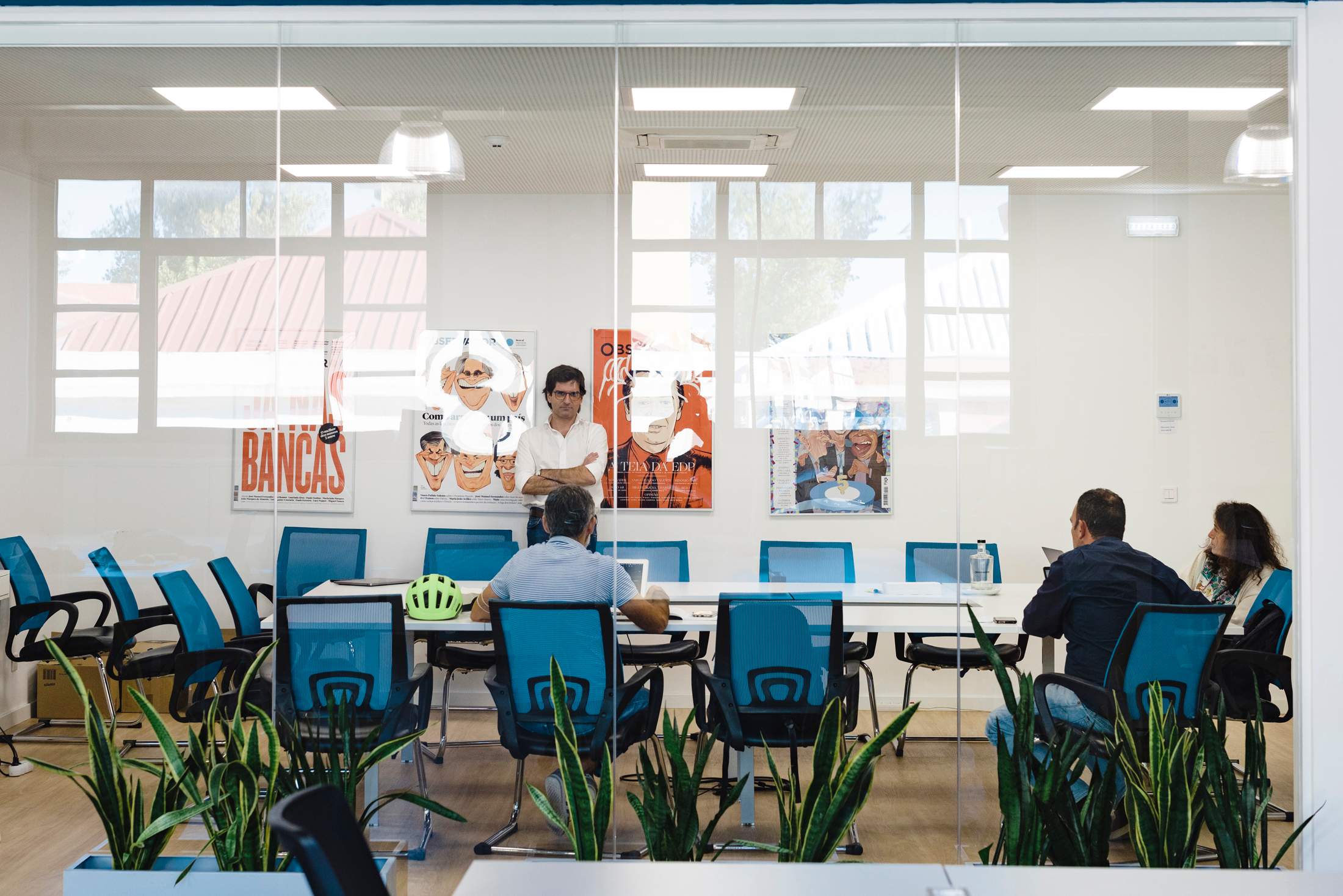
When a new player announced in 2013 that it was entering the Portuguese media scene, many were sceptical. The sector was dominated by a handful of titles and it was clear that Observador was picking a tough fight. But the journalists behind it weren’t concerned. “We wanted to shake things up,” says co-founder and publisher José Manuel Fernandes from Observador’s airy office in an old industrial block in the Lisbon neighbourhood of Alvalade.
Having launched another of Portugal’s main newspapers, Público, with other journalists in the early 1990s, he knew how to turn an arrivisteinto a success. “We had to disrupt the status quo,” says Fernandes. “To publish the news as it happened and counter the culture of saving stories up for the weekend supplement or evening news. Back then, the only way was to go online.”
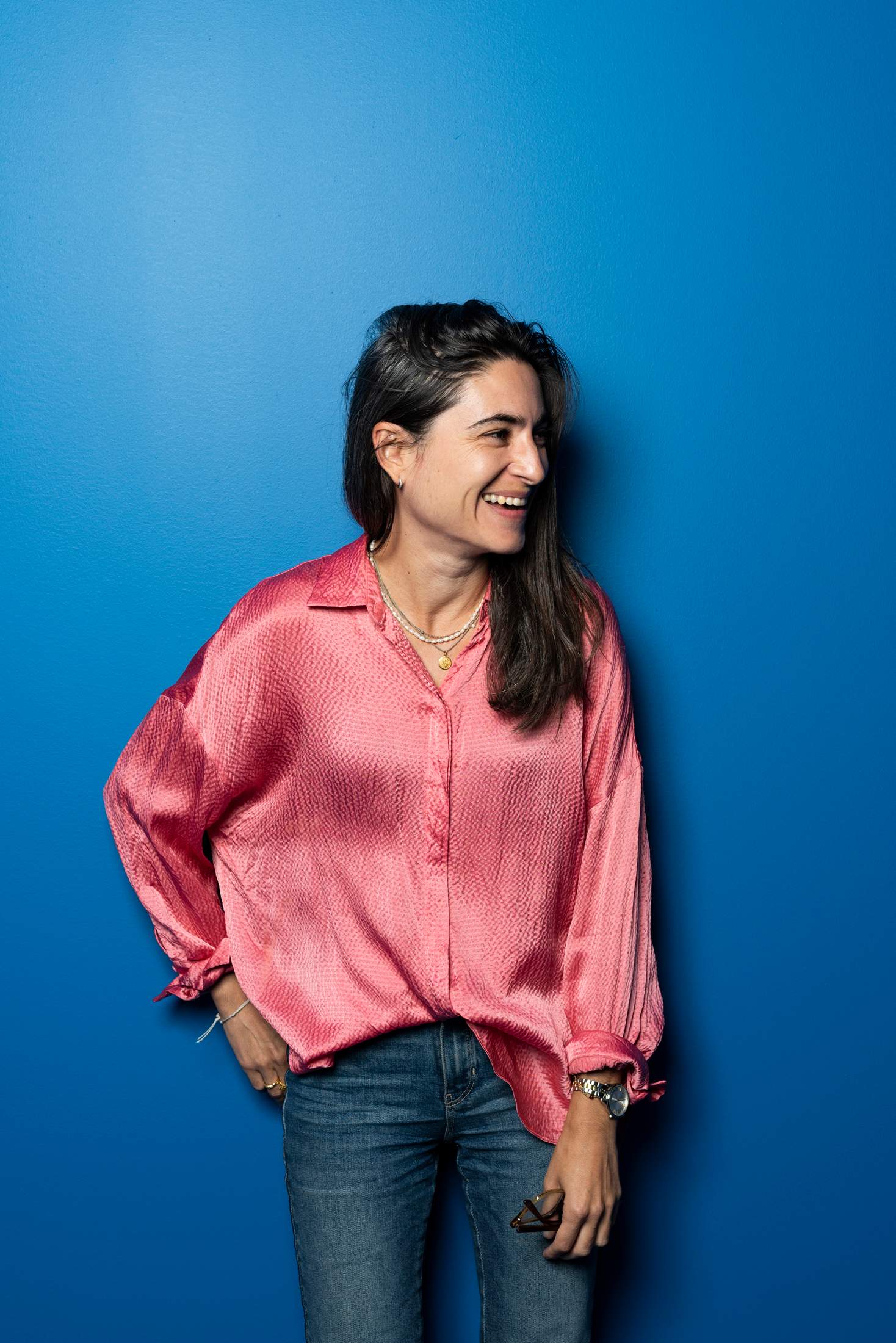
Maria Ramos Silva, editor
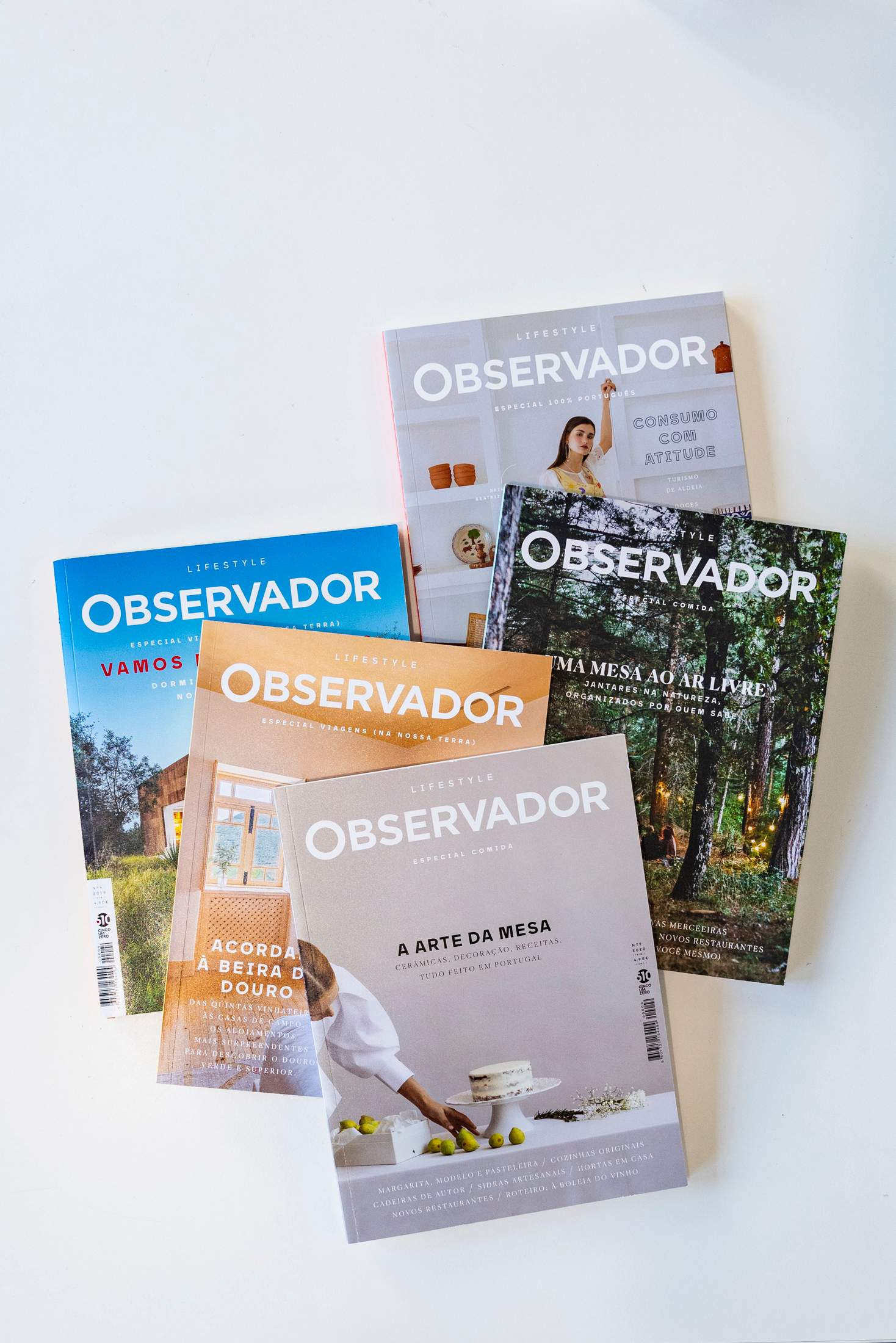
The quarterly ‘Observador Lifestyle’
Such a project would only succeed if it remained financially independent, out of reach of the country’s big media conglomerates. The founders became shareholders. “In Portugal there’s an illusion that all media is politically equidistant but in practice that’s not the case,” says Fernandes. “With an online publication, there’s room for all views. We later gathered a group of individual investors who believed in our vision and in that editorial independence.”
Another fundamental step was to bring in new talent: digital natives, who could create the country’s first large-scale digital project. “We built a newsroom founded on raising up journalists,” says Fernandes. “That means we hired fewer senior journalists and instead employed young people who were just starting out. We wanted them to grow up here, together with the project.”

Budget day on the news desk
“I’m one of the oldest here and many of my colleagues have been my interns at some point,” says deputy editor Filomena Martins, who, prior to Observador, worked for almost 30 years in some of Portugal’s biggest newsrooms, including as deputy editor of legacy daily title Diário de Notícias.
“We wanted to grant print the dignity it deserves”
Since 2013, many of those early hires have grown as journalists with the title. With a staff of 140, Observador is now a go-to source for national political reporting and analysis, serving a domestic audience but also readers across the Portuguese diaspora. “Editorially, our reach goes from the liberal left to the democratic right,” says Fernandes. “We cover the party conferences like no other publication, sending a team of 10 or more.” Other key focuses include regular essays by leading academics and writers; fact-checkers verifying the day’s news; and short explainers on expansive issues. “It was important for us not to assume knowledge and to stop writing our reports as though the readers knew all the context,” says editor in chief Miguel Pinheiro, who sets the editorial line for the title. “Even someone who reads the news every day won’t know the background to every story. We wanted to say, ‘That’s normal and we’re here for you, the reader.’”
Over the past eight years, Observador has become a fully fledged media brand. “If we stay still for too long and don’t do new things, we start to get restless,” says Fernandes. The first experiments in paper came in 2016, when Observador published an anniversary issue featuring its best reporting from the previous year – now an annual staple. It allowed them to reach a new demographic of people that digest news at a slower pace. And in 2019, Observador and renowned publisher João Miguel Tavares joined forces to create agency 510, which publishes contract magazines for brands as well as quarterly magazine Observador Lifestyle. “It’s about using print in a better way,” says Tavares as he rearranges his bookshelf and flicks through the agency’s latest work for Portuguese coffee brand Delta. “We wanted to grant print the dignity it deserves, with good-quality paper and sophisticated design.”

António Carrapatoso, co-founder and investor
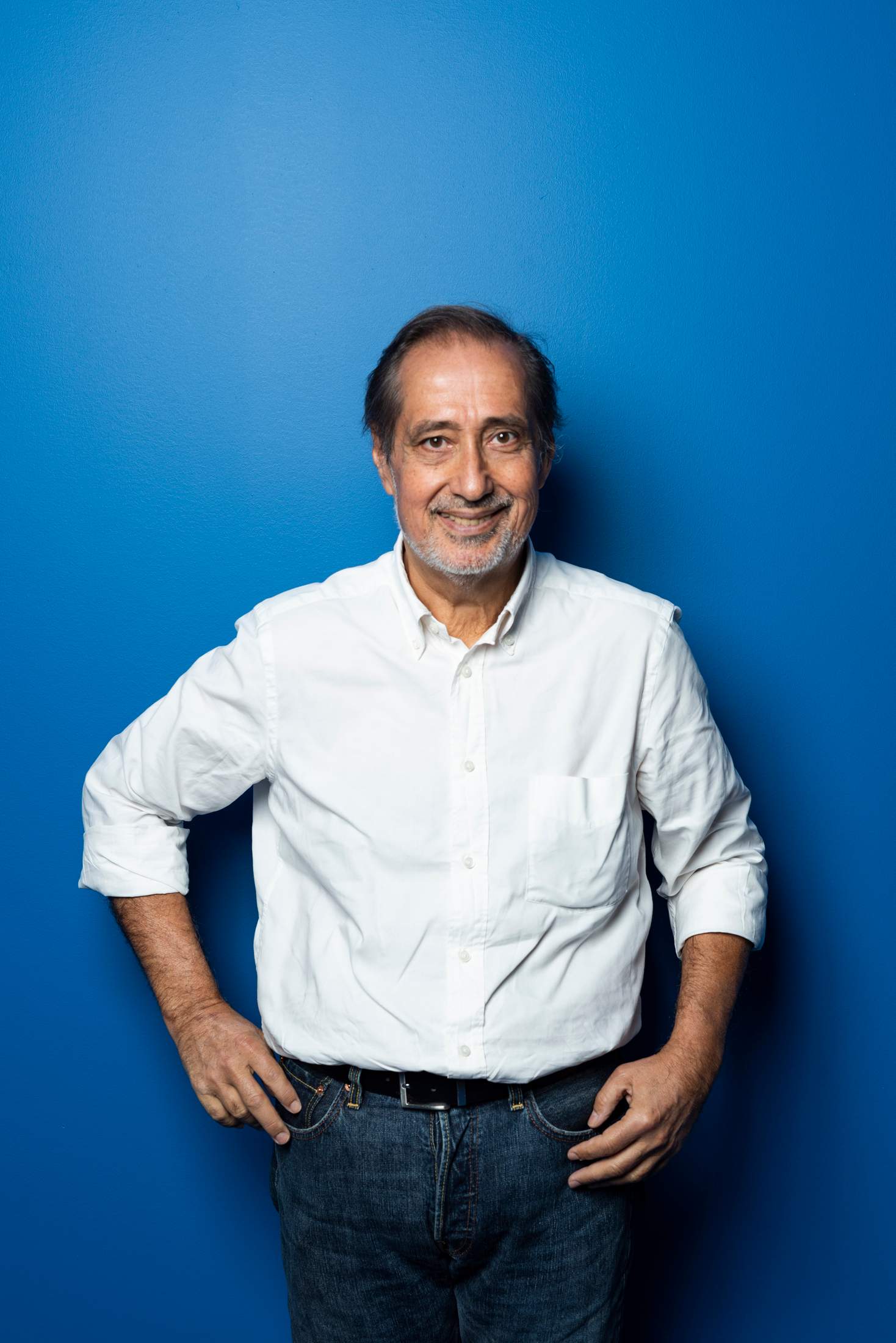
José Manuel Fernandes, Observador’s co-founder and publisher
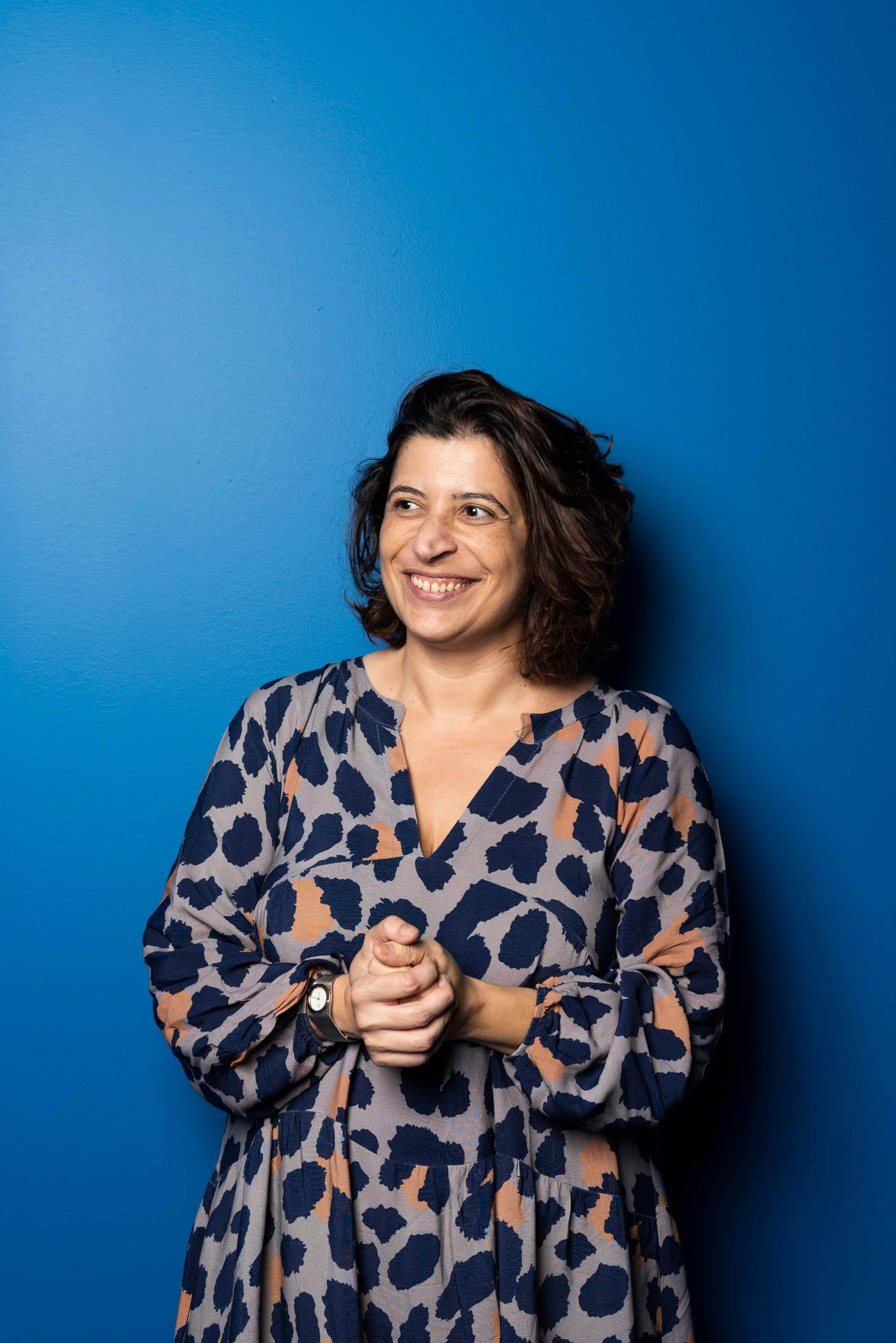
Judite França, host at Rádio Observador
The team has also brought its spirit to the airwaves. “We launched a radio station because everyone thought it was impossible,” says Fernandes. Rádio Observador became the latest addition to the brand’s roster in 2019. Deputy editor Pedro Jorge Castro is at the helm of the 24-hour station, together with executive editor and seasoned broadcaster Ricardo Conceição. “It was a once-in-a-lifetime opportunity to sit down to sketch out plans for the programmes and our sound,” says Conceição.
Broadcasting both in FM and online, the radio’s most striking innovation lies in its informal tone. Despite being a news station, with little music played, the vibe is engaging and upbeat. “If you mix the tone of your favourite commercial music radio with the accuracy and quality reporting of a news channel, you get Rádio Observador,” says host Judite França, who left television news at tvi for this project. As well as overseeing the output for part of the day, she also presents the podcast Zoom, which focuses on international politics and affairs.
For França, it’s the seamless interaction between the brand’s two newsrooms that makes Rádio Observador stand out. “We have the radio team and the newsroom for the actual newspaper,” she says. “The fact that we can be nimble and merge the resources of both is our biggest differentiator.” Observador’s editors and journalists are regular voices and hosts on the airwaves, and interviews by the radio team can often be found quoted in articles on the website. These advertising-led ventures in both print and audio have also brought in steady extra revenue to supplement the existing digital business model: much of the content is free on the website but a paid subscription allows readers to access additional reporting, exclusive newsletters and fewer adverts.
While Observador covers the same issues as many news organisations, its focus falls between domestic politics, economy and lifestyle. “Being close to the reader is extremely important to us, so our days are balanced between the hyper-local and an international outlook,” says lifestyle editor Maria Ramos Silva. “This means we can vary between short news reports and lengthy features.” The team was pleasantly surprised to discover that the public was increasingly drawn to its longer articles. “Everyone thought that online readers only wanted short pieces but some of our most popular are long-form,” says Pinheiro. “So we have been able to commit to special investigations. Two of my journalists have been working on one story for almost four months. It’s not everywhere that you have those sorts of resources.” One of its most popular investigations, “A Corte de Luanda” (“Luanda’s Court”) was an exposé on the power web of Angola’s then-president José Eduardo dos Santos. It was developed to span text, audio and video.
Having by now experimented with all possible journalistic mediums, the team at Observador is still just as ambitious to try something new. “If a journalist is not excited about a story, neither will the reader be,” says Pinheiro. “But here, there’s a clear enthusiasm for the news. People can feel that every day in our reporting.” observador.pt


